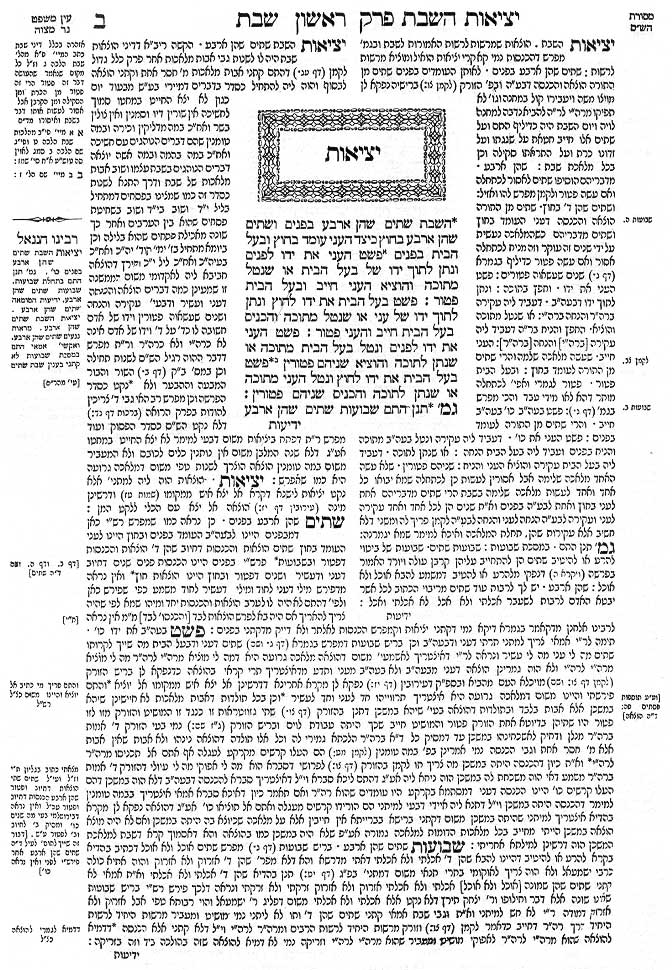I have one teacher for three different courses in school, and she is really quite sexist (the teacher discussed in my previous post about Abigail). Honestly, I’m not entirely sure what to make of her; one week she’ll tell us how women lawyers can’t have happy marriages (yes, believe it or not, she actually said that), and the next week she’ll reference the feminist movement as a good thing. But since the sexist comments outnumber the feminist ones, I’m counting her in the sexist party. But if she’s going to be a sexist, I want her to be a consistent, logical sexist.
She was teaching us about a portion of the Talmud discussing Rabbi Halbo's statement that a home has no blessing if a husband doesn’t respect his wife. Rabbi Halbo said in another part of the Talmud that if a person witnesses a Torah being ripped, he or she has to rip his or her clothes two times - one for the rip in the parchment, one for the rip in the letters. The reasoning behind this is that a letter depends on the parchment to be seen; the letter is the active, the parchment is the passive. My teacher connected this to men’s and women’s roles in Judaism. According to her, men are supposed to be the active, seen spouse; women are supposed to be passive and behind the scenes, supporting the man in their lives in all his endeavors. She then connected to this to Rabbi Halbo’s original concept of a home with no blessing because God gives blessings in secretive, passive ways; if a husband doesn’t give respect to the wife who acts passively, God will not give gifts in The Holy One’s usual, passive way.
My teacher then began explaining that Eve was made from Adam’s rib because the rib is hidden, a “behind the scenes” body part. “Two people can’t be king,” she explained. “It won’t work. One person must be active and go outside the home and get all the credit. An actor can’t go onstage if no one is behind him, if not then there will be no play!”
Earlier in the day, we had been learning Jewish history by reading a page of the Talmud with this teacher. (I had actually learned the portion of the Talmud in my middle school, which I found ironic, since this right-wing teacher doesn’t believe in girls learning the Talmud. Another thing I don’t really understand about her is that she’ll teach us portions of the Gemara. How does she justify that?) The time period in discussion is the era directly after the destruction of the second Beit HaMikdash (Temple). The nasi (leader) of the Jewish nation, Rabban Gamaliel II, had embarrassed a colleague, Rabbi Joshua, several times, and the people asked him to step down because of it. They appointed Rabbi Eleazar ben Azaria in his stead. After a day, Rabbi Joshua forgave Rabban Gamaliel, and the congregation was in a quandary as to whether they should take back Gamaliel and fire Eleazar or not. The decided to compromise and the two co-officiated: Eleazar decided on the halakha (Jewish law), Gamaliel enforced it, and the two switched off lectures.
Two people can’t be kings, hmm? Two people can’t work together, in unison?

They can....but not in the same position... Perhaps this is what your teacher meant?
ReplyDeleteMy teacher didn't connect the two lessons, I did. I was just trying to show how she contradicted herself by saying in one place that two people can share a position, but in another place said that two people can't.
ReplyDelete